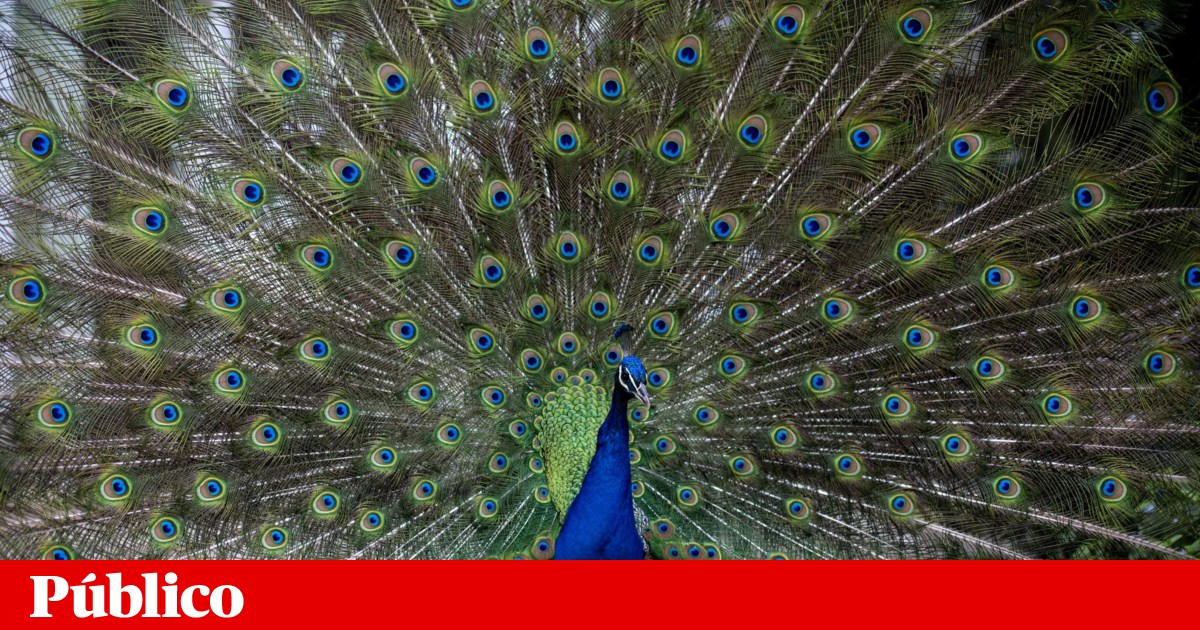What if fungi could be used to control infections caused by parasites in birds, and act as a “natural dewormer”? This was the starting point of our research, which was developed in the Laboratory of Parasitology and Parasitic Diseases, at the Faculty of Veterinary Medicine of the University of Lisbon.
In veterinary medicine, treatments for major diseases caused by parasites (organisms that depend on others for their own benefit) still depend, in many cases, on the exclusive use of antiparasitic drugs. However, its incorrect use has exacerbated the problem of resistance, that is, the natural or acquired ability of parasites to survive the effect of the drug, which is the worst-case scenario for a sick animal that needs treatment.
Thus, the past 30 years have seen an increasing development of more sustainable treatment solutions that complement the classic anti-parasitic drugs, among which are the predatory fungi, also known as nematophagous fungi.
doctor
Similar to common “mold” fungi, these can be found in agricultural soil and in animal feces, are safe for animals and operators, and have the natural ability to destroy eggs and larvae of animal intestinal parasites, inhibiting their growth in the environment. . Thus, its use is aimed at preventing animals from becoming reinfected, and according to the work that has been done all over the world, the effectiveness of treatments can reach 97%.
doctor
Predatory fungi from chickens to peacocks
My PhD project seeks to delve deeper into this topic, using chickens, chickens, and peacocks as study animals for the first time, with the goal of obtaining new predatory fungi, and checking in vitro whether they have an effect on parasites that infect birds and develop. Fieldwork tests to see if these fungi are safe for animals and if they can reduce infections caused by parasites.
This work also aims to establish the basis for a potential commercial product based on these fungi, which would serve as a complement to existing chemical products to treat parasite infections, in what would be a more sustainable approach to improving the health and well-being of animal organisms.
The steering team consists of Professor Luis Madeira de Carvalho, from the Faculty of Veterinary Medicine of the University of Lisbon (the first Portuguese researcher who developed work with this fungus, in the late 1990s), Manuela Oliveira, also from the Faculty of Veterinary Medicine. veterinary medicine from the University of Lisbon (specializing in veterinary microbiology), and Adolfo Paz-Silva from the University of Santiago de Compostela (leader of the Grupo de Controle de Parasites, or Copar, the main Spanish research group working on this topic, with whom we have collaborated for 15 years approximately one year).
This work is funded by a PhD grant from the Science and Technology Foundation of the Ministry of Science, Technology and Higher Education.
The author writes according to the new spelling convention
PhD student in Veterinary Sciences at the Faculty of Veterinary Medicine, University of Lisbon

“Wannabe internet buff. Future teen idol. Hardcore zombie guru. Gamer. Avid creator. Entrepreneur. Bacon ninja.”

